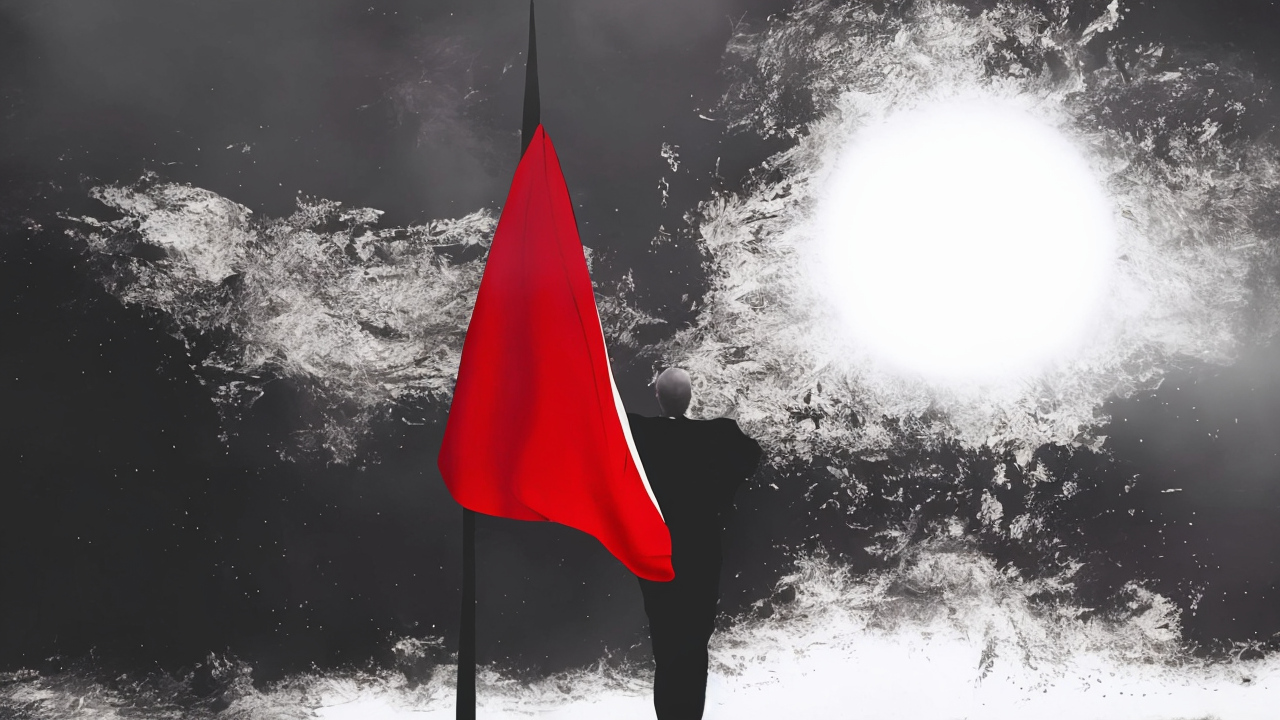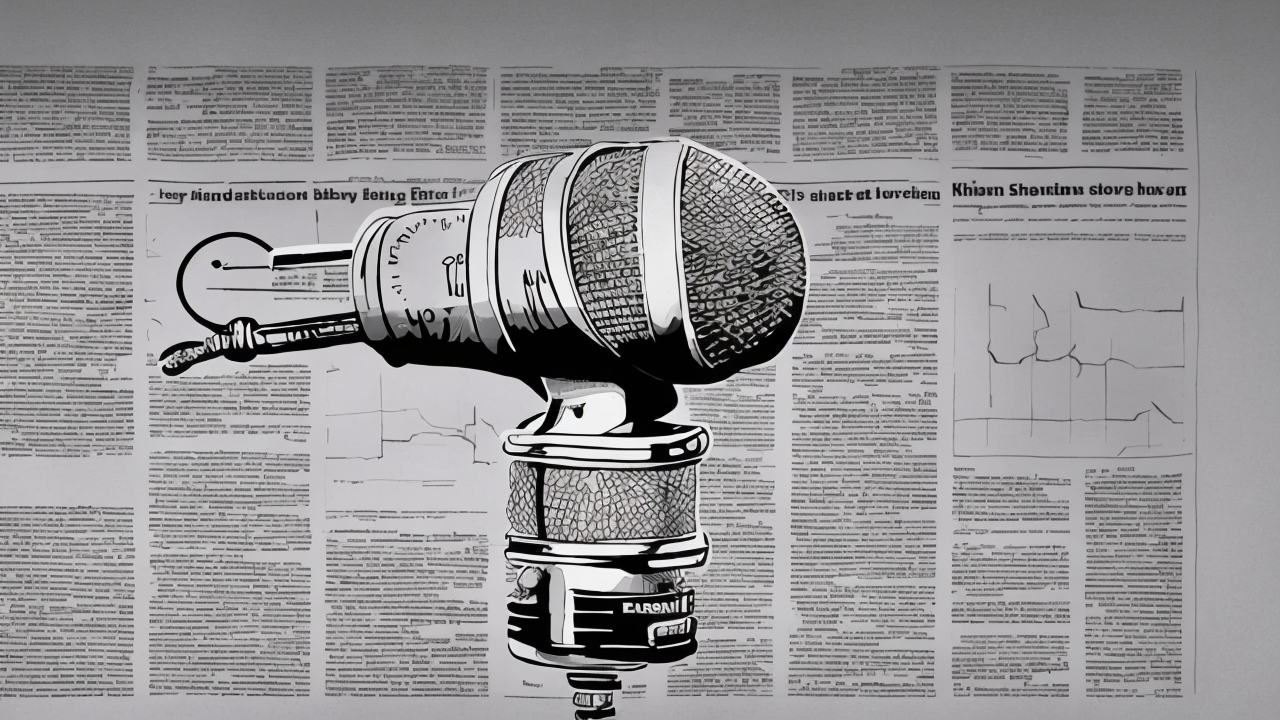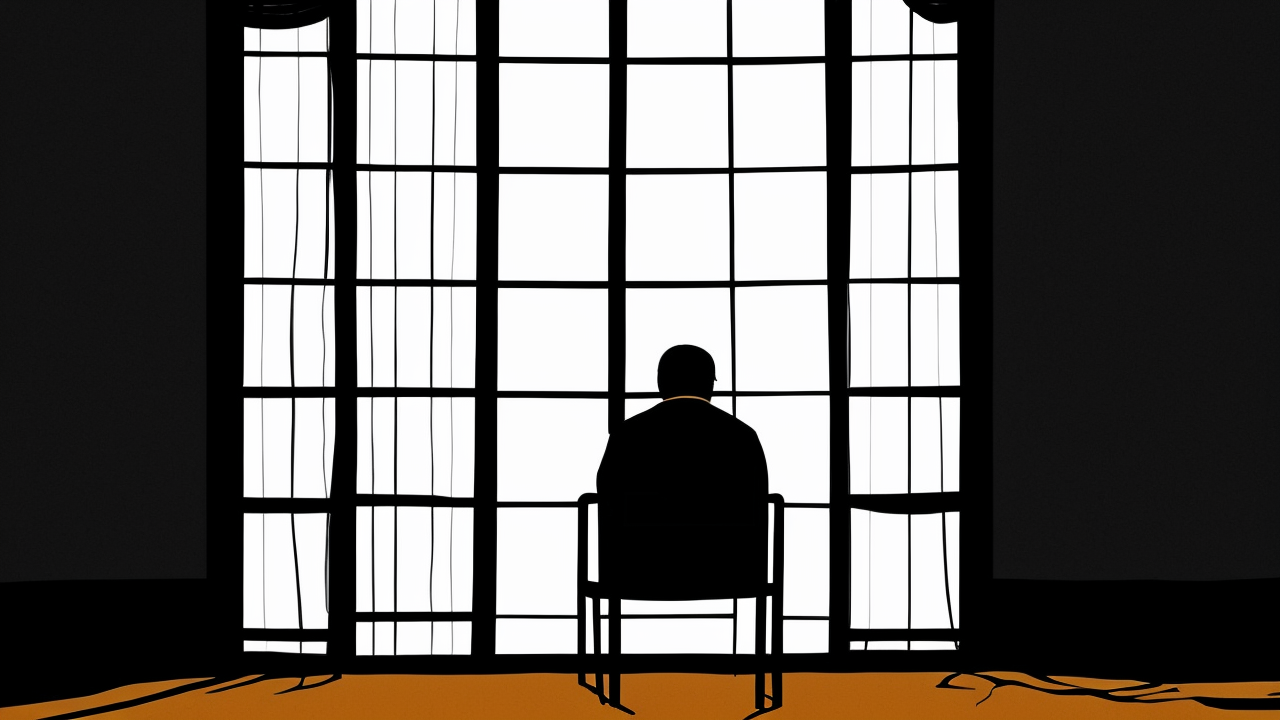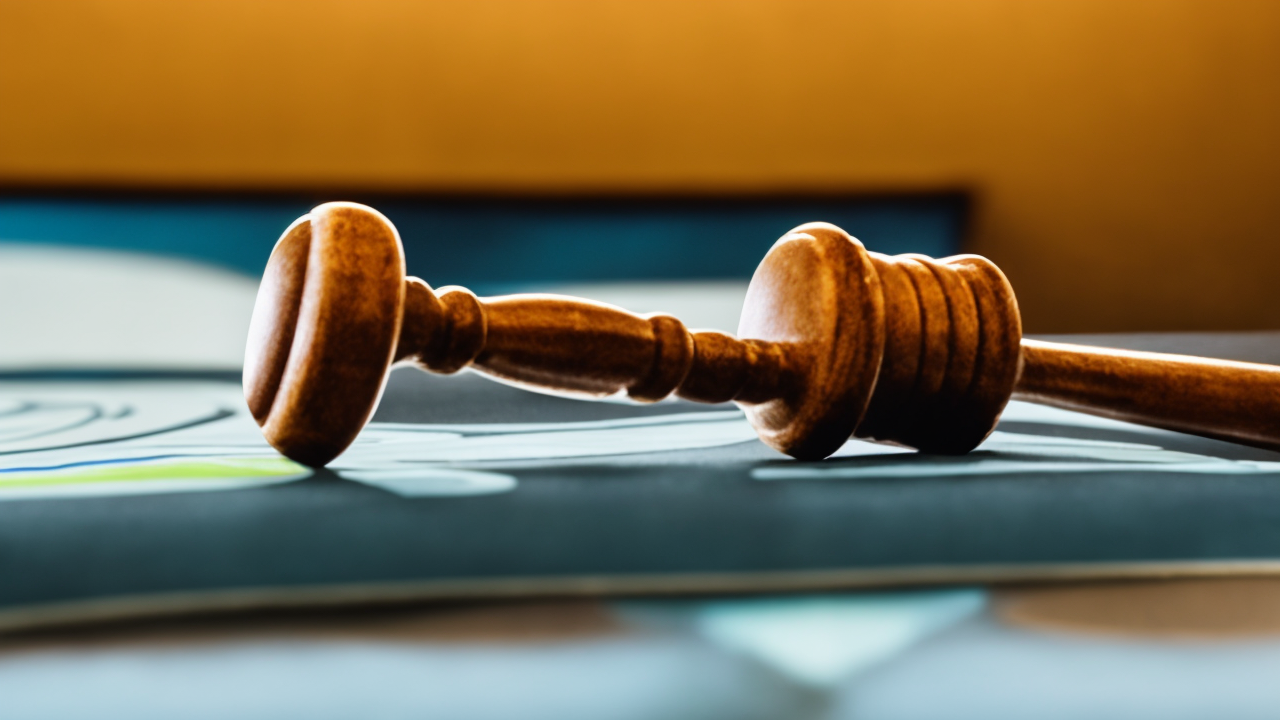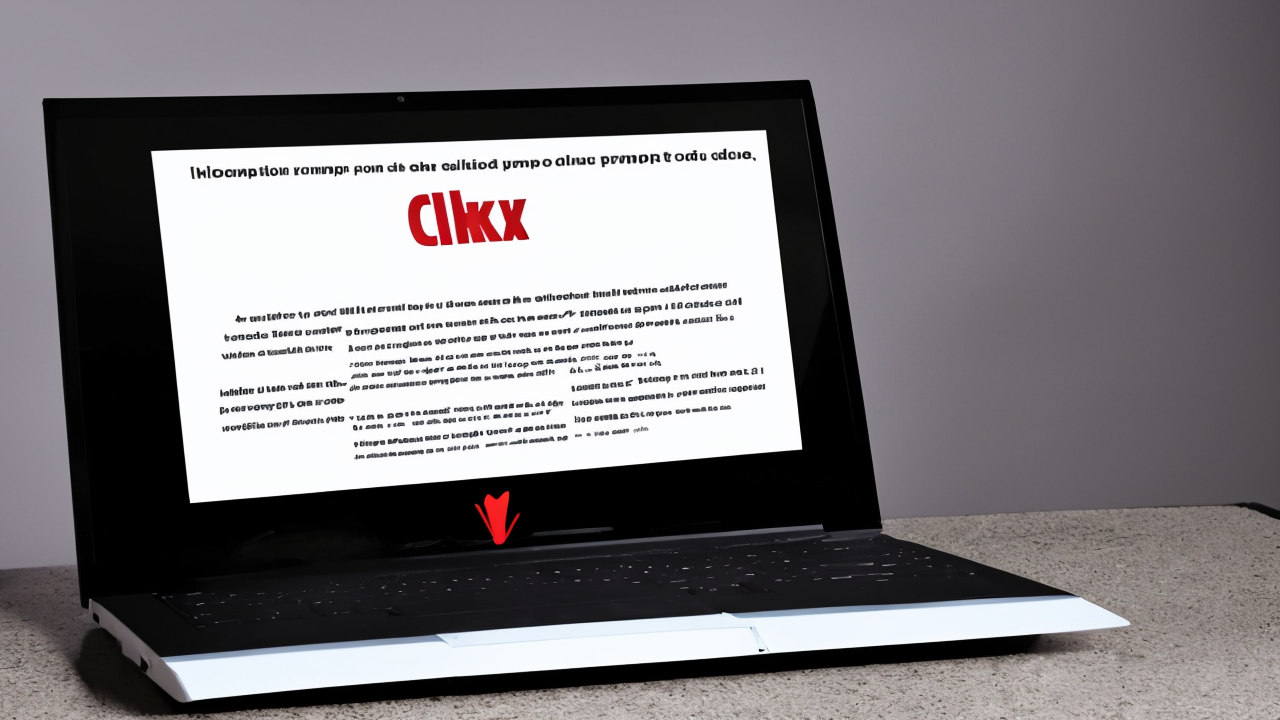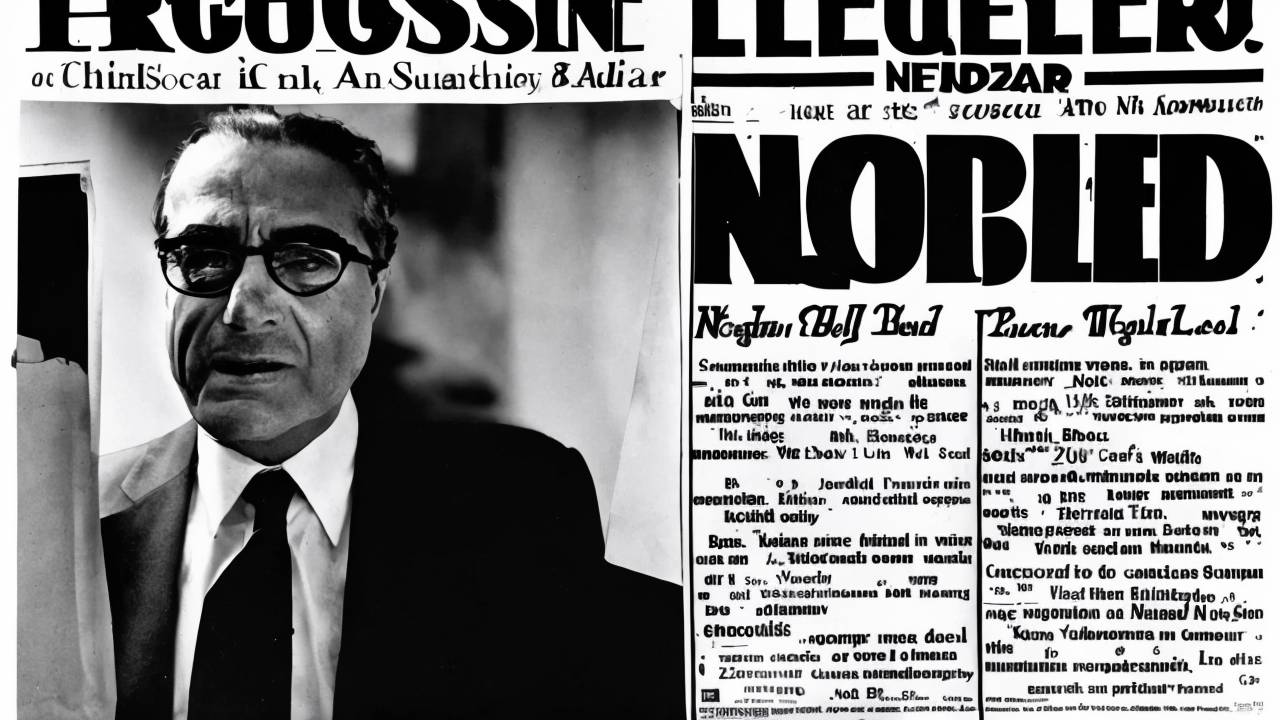The Collapse of BBC Integrity and Its Impact on Western Trust
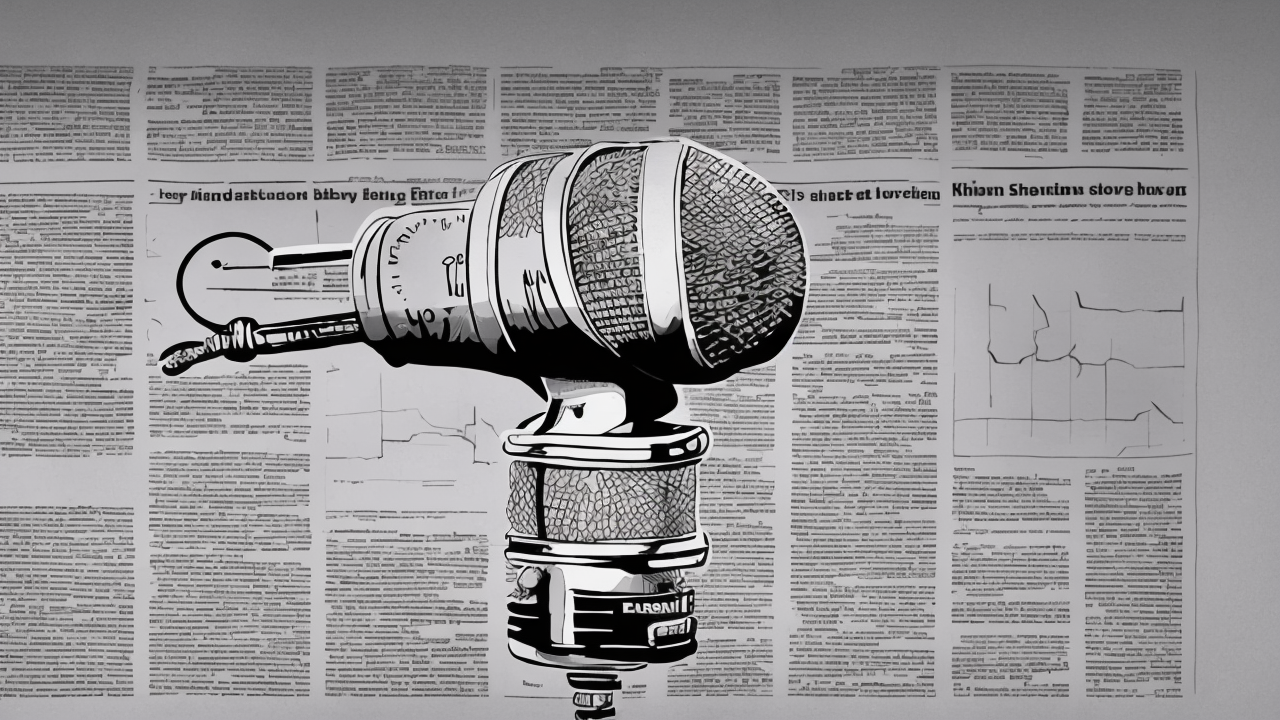
Once considered a gold standard in public broadcasting, the BBC now stands as a cautionary example of what happens when institutions abandon their foundational duties. For decades, the network was seen as a reliable source of news, trusted across the English-speaking world. But recent events reveal a troubling shift—a departure from objective reporting toward a more politicized, agenda-driven model that undermines the very purpose of journalism.
In 2024, the BBC aired a video that was heavily edited to suggest Donald Trump had incited the January 6th Capitol riot. The footage, taken out of context and manipulated through selective editing, misrepresented the speaker’s intent and created a false narrative. This was not an isolated misstep. Over a two-year period, the BBC issued more than 215 corrections in its Middle East coverage, a staggering number that reflects a pattern of reporting based more on narrative than on verification. When a news organization must correct itself so frequently, it raises serious questions about its commitment to accuracy and integrity.
The BBC’s Arabic-language programming has also come under scrutiny for promoting narratives that align with certain political positions while downplaying or omitting key facts. Some reports have been accused of amplifying anti-Semitic tropes, even as they claim to provide balanced coverage. These failures are not simply errors—they are symptoms of a deeper issue: a growing willingness to shape stories to fit a preferred worldview, rather than to report the facts as they are.
Further evidence of this shift comes from internal disputes over the network’s coverage of gender identity in sports. Some employees have expressed concern that the BBC’s reporting on transgender athletes in women’s competitions has prioritized ideology over biological reality. While the debate over inclusion and fairness is important, it must be grounded in factual understanding, not ideological assumptions. When media outlets frame such issues through a rigid ideological lens, they risk alienating audiences and damaging public trust.
Leadership at the BBC has responded to criticism by framing it as an attack on press freedom. But true press freedom does not mean immunity from accountability. When an institution claims to serve the public but fails to uphold basic standards of truth and fairness, it must be held responsible. The resignations of director Tim Davie and chief news editor Deborah Turness were notable, but they do not resolve the systemic problems that have taken root. Without meaningful reform—such as transparent editorial oversight, independent fact-checking, and a return to core journalistic principles—these changes are unlikely to last.
The BBC’s decline is not just a British concern. It reflects a broader trend across Western democracies, where media organizations have increasingly become instruments of cultural and political influence rather than neutral sources of information. When news is shaped to fit a particular narrative, citizens lose their ability to make informed decisions. Democracy cannot function if people cannot agree on basic facts.
Americans would do well to pay attention. The same pressures that have affected the BBC are present in American media as well. When stories are selected not for their truth but for their ability to reinforce a certain worldview, the public is misled. When facts are treated as optional, the foundation of civic discourse crumbles.
The solution is not to reject media entirely, but to demand better. We need journalists who report, not advocate. We need institutions that serve the public, not political interests. And we need a culture that values truth, not convenience.
The BBC’s fall is not inevitable. It is a warning. If American media continues down this path, it risks losing the trust that is essential to a functioning society. The future of our nation depends not on who controls the story, but on whether we can still agree on what is true.
Published: 11/11/2025


